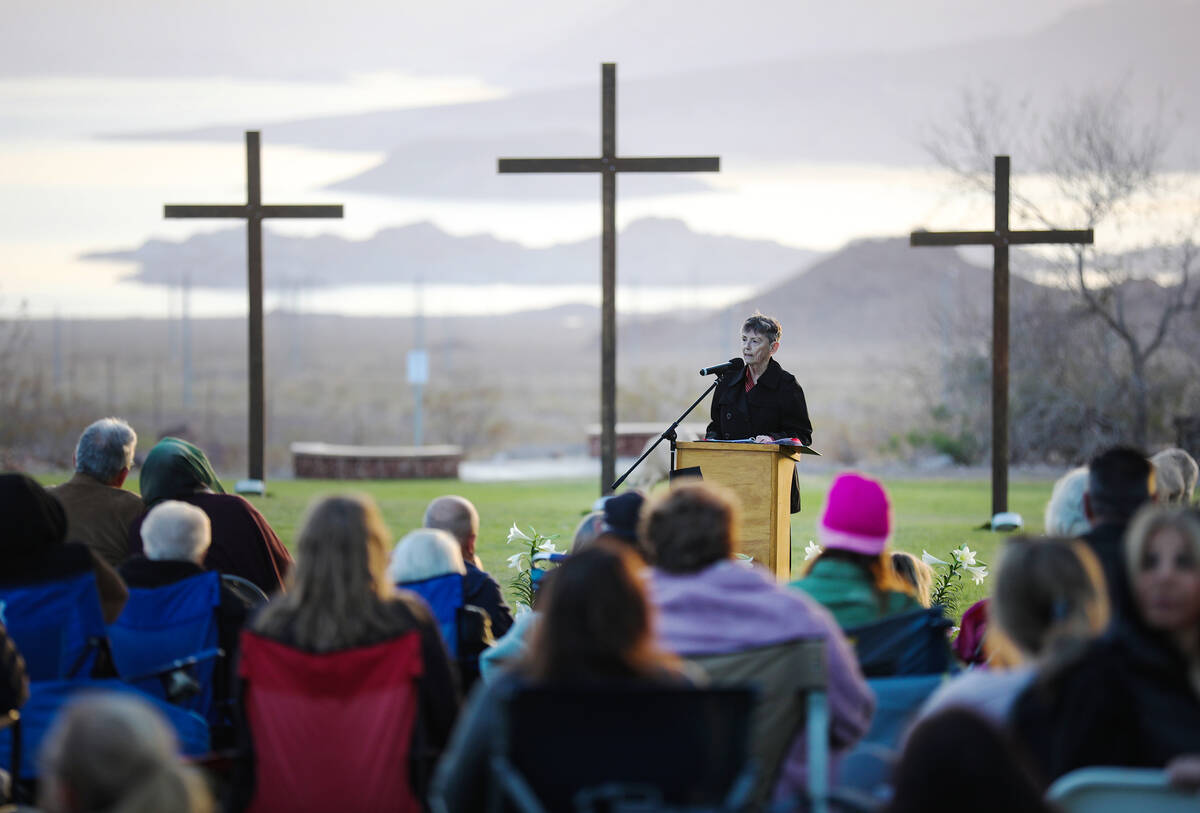VICTOR JOECKS: Easter highlights root cause of U.S. decline
Easter is a fitting time to consider the implications of an oft-overlooked historical fact that’s key to understanding the fraying of America. The Founding Fathers viewed religion as an indispensable part of the country’s social and political fabric.
It’s not hard to find evidence of our country’s downward spiral. Only a third of fourth graders nationwide are proficient in reading. Just more than a quarter of eighth graders are proficient in math. Little wonder that 78 percent of Americans don’t believe the next generation will have it better than we do.
The national debt exceeds $31 trillion. That’s an unfathomably large amount. The share of that debt for children who are born today is more than $94,000. It’s much larger in reality, because their taxpaying years are still ahead of them.
Political polarization is at a peak. Once-elite higher education institutions seem more interested in allowing students to shout down ideological opponents than in teaching critical thinking. A district attorney from the party in power had a leader of the opposition party arrested.
This is just an overview of domestic struggles. China is pursuing strategic alliances throughout the globe. The U.S. military can’t meet recruiting goals as its leaders prioritize wokeness over military readiness.
Each of these issues has its own potential policy fix. Those debates are important.
But if the country’s Founding Fathers were here, I think they’d say we face a more fundamental problem. For decades, Americans have been moving away from God, religion and morality. Every year, Easter — with the culture’s focus on rabbits and eggs instead of a risen savior — makes this shift obvious.
The founders, however, wrote and talked extensively about the civic importance of citizens serving God. Consider these thoughts from the first three presidents.
“While we are zealously performing the duties of good citizens and soldiers, we certainly ought not to be inattentive to the higher duties of religion,” George Washington wrote in 1778. “To the distinguished character of Patriot, it should be our highest glory to add the more distinguished character of Christian.”
“We have no government armed with power capable of contending with human passions unbridled by morality and religion,” John Adams said in 1789 while addressing the military.
“Our Constitution was made only for a moral and religious people. It is wholly inadequate to the government of any other.”
“And can the liberties of a nation be thought secure when we have removed their only firm basis, a conviction in the minds of the people that these liberties are of the gift of God?” Thomas Jefferson wrote regarding slavery in 1787. “That they are not to be violated but with His wrath? Indeed I tremble for my country when I reflect that God is just; that his justice cannot sleep forever.”
But if the founders are so closely connecting religion to a healthy public life, why did they write the “separation of church and state” into the Constitution? They didn’t. Go ahead. Try to find that it.
That phrase comes from a letter Jefferson wrote to the Danbury Baptist Association. He meant the United States shouldn’t establish a specific state denomination, not that religious beliefs, people or organizations had no role in government. As president, Jefferson even regularly attended a church service held in the House of Representatives.
There aren’t easy solutions. The government shouldn’t impose religious beliefs. But nor should it discriminate against them and banish them from public life.
The Founding Fathers established the nation on the foundation of Judeo-Christian morality. That’s largely gone. It shouldn’t be surprising then to see the things built on it come crashing down.
Contact Victor Joecks at vjoecks@reviewjournal.com or 702-383-4698. Follow @victorjoecks on Twitter.


















